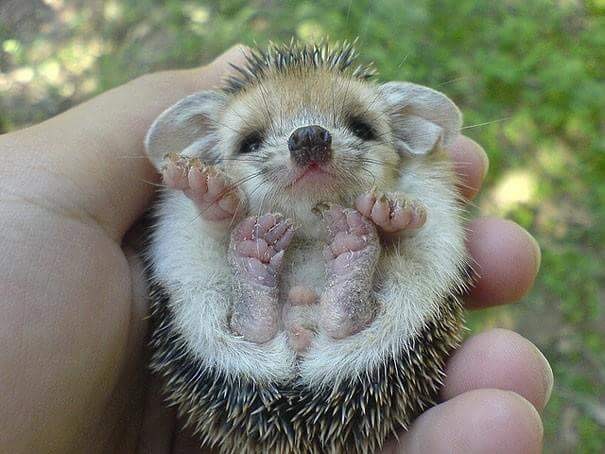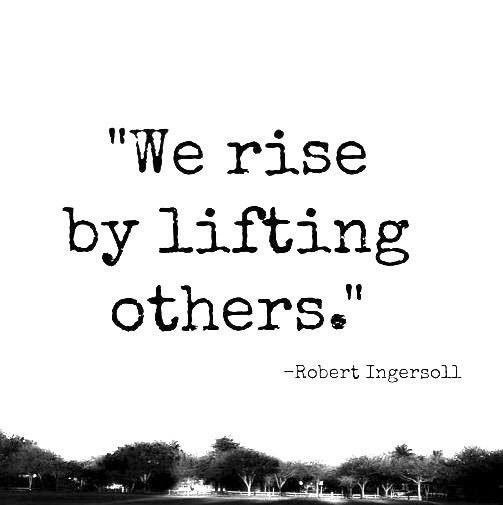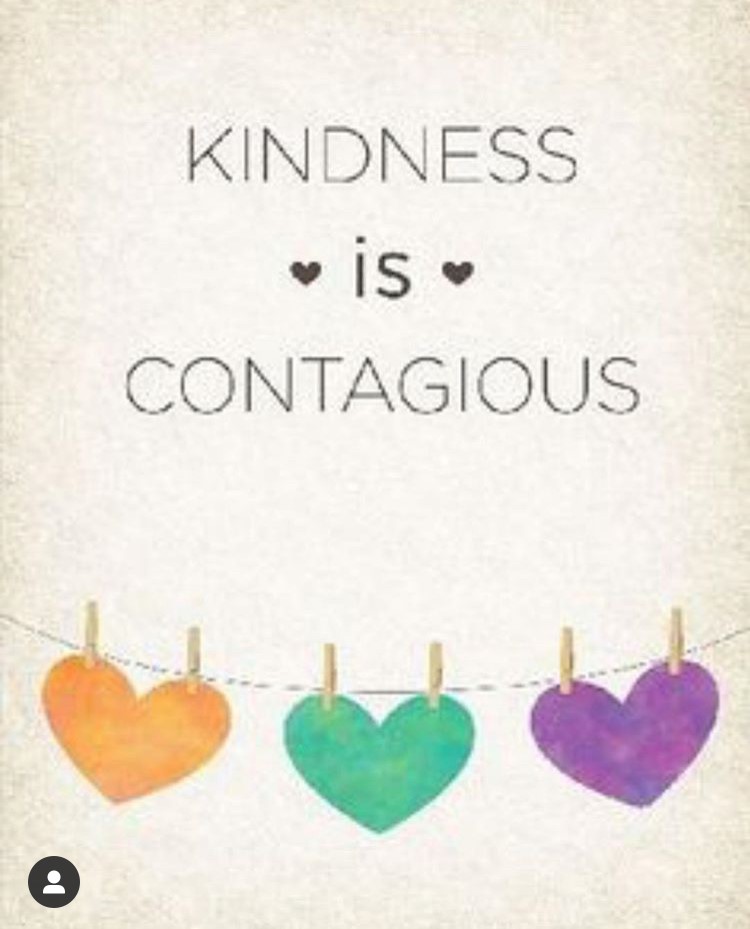
Kindness Rules?
As a child, one of the first, things I ever learned was the importance of being – as the Brownie’s and adults around me put it – ‘kind’.
My childhood was full of examples of being taught to remember to pen a handwritten letter (it was the 70’s ) to older relatives or friends to say thank you for gifts (even if I thought they were ‘not me’ or horrible).

Memorable examples were being coerced to invite a classmate to my birthday party even if they secretly scared or bullied me or were just plain odd because it was about showing some kindness.
Other ‘kind’ sociability habits I’m aware of being repeatedly told to perfect was the addition of ‘please’ and ‘thank you’ every time I asked for anything, from anyone.
As I grew up, I was convinced and in little doubt: kindness was very important.
Why does kindness matter?
Today I can spot where we as humans get better at the superficial mechanics of kindness – but not necessarily better at understanding why kindness should matter.
I reckon its significance is deep-rooted to a thought that many people battle: as humans, we can be extremely sensitive, and often hugely unconvinced of our own value, of our right to exist, of our right to be loved, and the uncertainty that anyone is interested in our suffering and in our fate.
Kindness is so desperately needed today– even in its smallest helping like a driver offering to let you out in the busy traffic, a compliment on your appearance, caring for a wounded animal. It can act as a contagious positive force as an antidote to our fear and self-worth.

Masking Our Fears
In the course of our therapeutic Bravery work, Colin and I have supported people from all walks of life who all too often are overwhelmed by their unexpressed fears, despair and self-loathing.

Their adult mask of self-confidence, competence and even a big, fancy job title often disguises a deeper, private fragility.
They discover when they allow themselves a safe space to risk taking off the mask of phoney protection, they reconnect and reclaim who they truly are.
But first, beneath a layer of armour, people are all too often frightened and lost, uncertain and extremely anxious – and ready to grip on to any sign, however small, that they deserve to be in this world.
The overthinking that can result if we don’t get that anticipated text or email, or brood on an ‘offhand remark’ or fret about a non-verbal show of disinterest while speaking, means we might internally ruminate on our self-worth, what our purpose is in life and if we indeed matter.
We can all absorb these little pinprick rejections, amplifying our belief pattern of why we’ve failed or floundered.
Alternative Kindness Thinking
An alternative way to think about grace and kindness maybe as a way to offer others some small change in the currency of hope and bravery which we depend on for our emotional survival.
When we choose to be kind, we have the opportunity to grasp the power we possess to liberate another human from self-hatred.
If we are brave enough to be kind, we can create a pass it on, humanitarian echo, that can help us discover just how much we all need others to be kind to us.

We don’t ultimately grow kind by just being mannerly.
We grow kind by contemplating human fear and self-aversion.
A kinder world would be one that wasn’t more respectable, but more alive to the presence of our human despair, to our vulnerability to shame and to our yearning for any sign (however small) of our right to exist.
How can you pass on a little kindness to yourself and others today?

